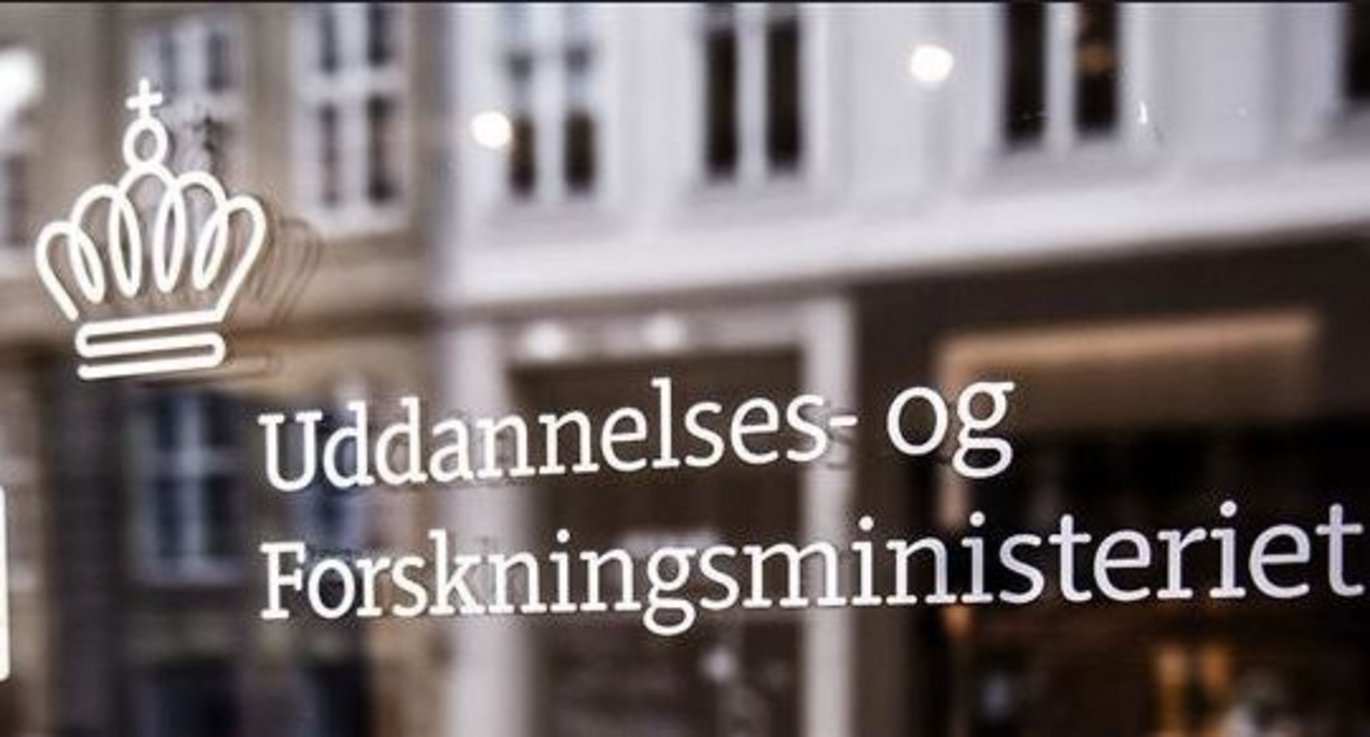Focus on digital upgrades from the Danish Ministry of Higher Education
The Danish Ministry of Higher Education has set aside 81 million DKK for a digital upgrade of higher education.

New digital methods and possibilities appear in many fields of research. The digitization of research objects calls for new research questions and methods, which is why students at higher educations in Denmark, whatever their field of research, needs to be better equipped to understand, use and be critical about digital methods and digitized data.
The Ministry of Higher Education in Denmark has launched a new plan for upskilling digital competencies and digital teaching with initiatives in three different areas:
- Teachers needs to be upskilled, so they can develop the digital competencies of their students
- Experiences and knowledge about what works needs to be shared
- Barriers and rules which are not accustomed with a digital reality must be removed
- The digital development has moved from being a corner of the society, to being a part of everything we do. Our educations must reflect that, says Minister of Education and Research, Tommy Ahlers, in a press release to ufm.dk.
The initiatives are based upon input from teachers, education institutions and experts, who has shared their experiences with the potential of digital learning and competencies as well as challenges that stand in the way of a digital transformation of the education system. The amount of input shows that the digital upskilling is on the rise and the process is often driven by teachers, staff and networks like The Digital Arts Initiative at Arts, Aarhus University.
The digital action plan
Based on the input from teachers, education institutions and experts, the Ministry has developed a digital action plan. The plan includes concrete actions within each of the three initiatives.
Upskilling of teachers:
- 45 million kr. are set aside in 2019 to multiannual competency development courses, like the Digital Literacy course at Arts, Aarhus University.
- Dialogue between the education institutions about making digital competencies a mandatory part of the process of becoming associate professor.
Experiences and knowledge about what works:
- 31 million kr. are set aside in 2019-22 for establishing and operation of a national knowledge- and resource center.
- 5 million kr. are set aside in 2019 for activities, which support cooperation and sharing of knowledge, for instance workshops, conferences, testing of new knowledge sharing formats like podcast series.
- Establishment and support of networks within the field of digital technologies and competencies.
Barriers and rules which are not accustomed with a digital reality must be removed:
- Adjustment of guidance for hour calculation.
- Revision of the examination decree.
- Investigation of other rules and barriers, which stand in the way of testing and using digital possibilities.
